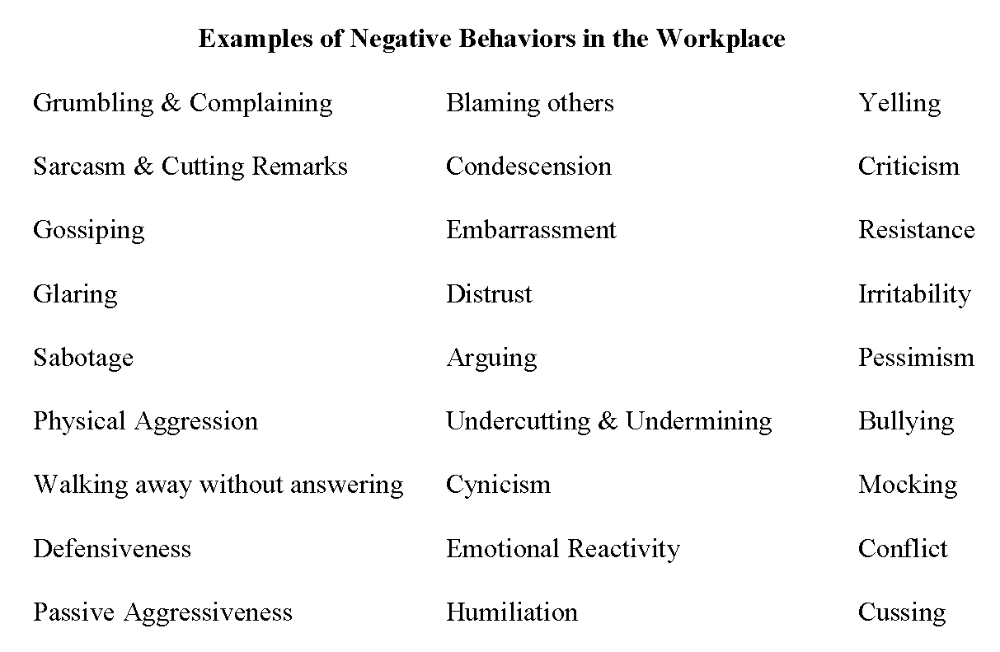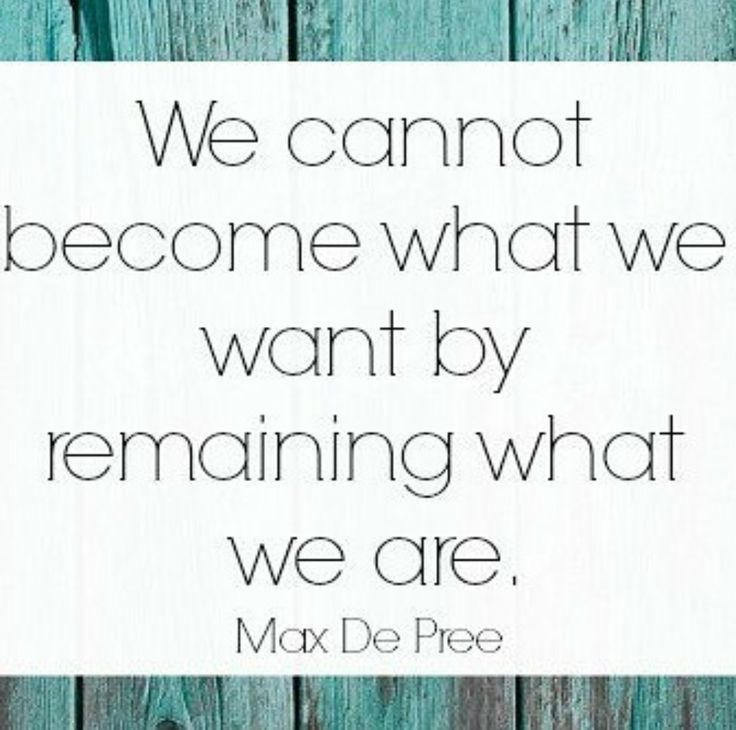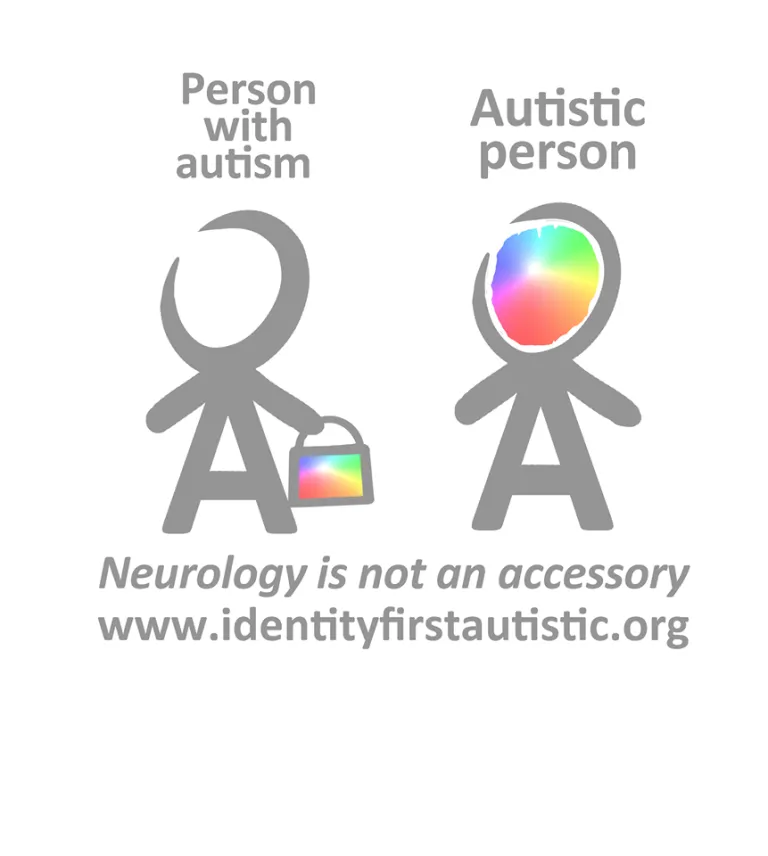Communication issues in a marriage
10 Common Communication Breakdowns in Marriage
I write and speak about marriage for a living. It’s my job and it’s my ministry. So, what I’m about to say is hard, but I’m hoping it helps somebody. A few months ago, my wife and I were having a really tough time in our marriage. I’m talking tough to the point where we were questioning some of the things we teach, the things I’ve written about, and the things we speak about. We just couldn’t come to a resolution.
As your communication goes so goes your marriage. So, we called for help. We called on a couple who are our marriage mentors, and occasional crisis marriage counselors. After several text messages and a couple phone calls, the husband shared his thoughts about the problems we’d been having. It came down to this: We were terrible at communicating. And if we didn’t change it our marriage was going to continue to struggle. The same goes for your marriage. As your communication goes so goes your marriage. Here are 10 common communication breakdowns in marriage.
1. Not really listening.
The biggest problem to communication is just not listening. Many of our communication problems would go away if we just intently listened to one another.
2. Speaking before thinking.
Guilty! I’m guilty! So many times I say things as a reaction, and those times it usually doesn’t go well. Take your time and think before speaking and responding to your wife.
3. Only talking about what you want to talk about.
I call this throwing up on her. Sometimes I just overload her with things I’m dealing with not caring to hear what she’s dealing with. Too many of those conversations and you might be calling your marriage mentors for help as well.
4. Raising your voice.
You can help yourself in this area when you think before speaking as mentioned above. You may need to take a breather to gather yourself, but raising your voice doesn’t serve you or your wife well.
5. Negative non-verbal communication.
Your non-verbal communication — facial expressions, gestures, etc — will impact your conversations as well. Maybe you didn’t say anything wrong, but you sure did say something wrong with your negative body language, which can be received worse.
Maybe you didn’t say anything wrong, but you sure did say something wrong with your negative body language, which can be received worse.
6. Speaking in superlatives.
You always. You never. Every single time. Ever uttered those words? There are few things, if any, that your wife always does, never does, or does every single time. Using these words can be harmful to your marriage.
7. Degrading your spouse.
This should go without saying, but I’ll say it anyway. Never ever degrade your spouse. You should look to build her up, to encourage her, to love her as you love yourself. Degrading her has no place in your marriage. If your wife has trouble complimenting you through her communication, here are 10 she can use to build upon.
8. Playing the blame game.
If a miscommunication or a mistake is made don’t let your first instinct be blaming your wife (even if it is her fault.) The blame game or pointing fingers doesn’t work. You are one. That means you both have a joint responsibility in whatever happened. Talk through it together, find the learning opportunity for her and for you.
That means you both have a joint responsibility in whatever happened. Talk through it together, find the learning opportunity for her and for you.
9. Seeking to be understood first rather than to understand.
Strive to know what she is thinking, what she is feeling, what she is dealing with. Before you try to get her to understand you, first understand her and her point of view. It just may change your point of view before you even share it.
10. Bringing up the past.
Do not keep score and do not bring up your past victories or your wife’s past losses (mistakes). There is no positive purpose in that. It is a losing strategy when it comes to communication in marriage.
Download the Q & U app to find questions to ask your wife today!
Sound off: What is your biggest barrier to great communication?
How to Fix Communication Problems in Marriage
You can’t build a house without the foundation, right? That’s what communication is to a marriage: brick and mortar.
Most of us have had moments in marriage where we want to say something to our partner but we simply can’t find the words. Instead, we bury it, avoid the conversation, or even hope that our spouse can magically read our minds.
But if this hasn’t worked for you so far, it’s not surprising — and you’re not alone.
Relationships need real talk, even when it’s uncomfortable. The more you prioritize communication, the more it can help you and your spouse bond and strengthen as a unit.
Fixing communication problems in marriage can provide residual benefits in the household and other aspects of your lives as well.
Communication challenges happen for many reasons.
Positive communication may not have been modeled to you by your caregivers growing up, or your current relationship challenges may have left you more than a little tongue-tied.
Some possibilities include:
- breach of trust
- built-up resentment
- difficulty with vulnerability
- financial disagreements
- lack of time together
- insecure attachment style
- parenting conflicts
- unrealistic expectations
While each couple is different, there are common communication problems in marriage.
1. Talking and yelling ‘at’ them
Talking “at” someone often means you’re trying to be heard. Talking “with” someone, on the other hand, means you are trying to understand each other.
Yelling can make things even more complicated. Being yelled at activates the fight, flight, or freeze response and floods the body with stress hormones. When this happens, all nonessential systems shut down, like complex problem-solving ability.
It’s not that your spouse doesn’t want to understand you. From a biological perspective, as research shows, they literally can’t — at least not until things have calmed down.
You might try
- taking a 20-minute timeout until you’ve both calmed down
- moving your body to release pent-up tension and aggression
- writing down your main points briefly and reading the note to your spouse
2. Letting resentment and bitterness take root
Being bitter toward your spouse is like holding a heavy suitcase: You can do it with little consequence for 5 minutes, even an hour.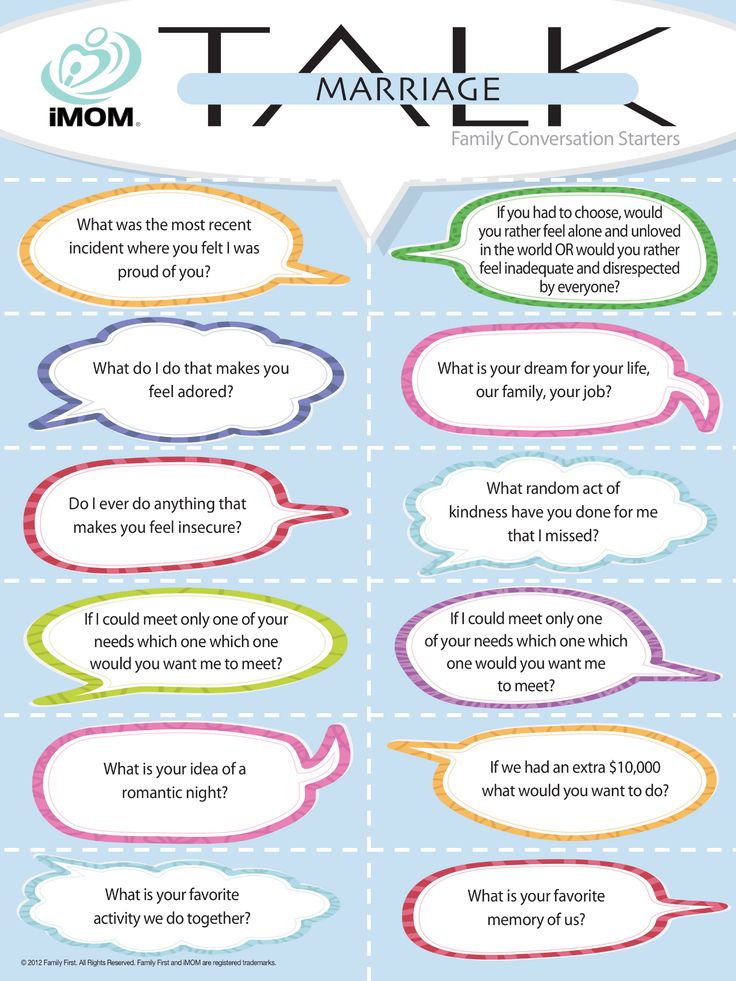 But over the long term, the suitcase weighs you down and makes it hard to get anything else done.
But over the long term, the suitcase weighs you down and makes it hard to get anything else done.
A 2017 study involving 335 couples over 16 years of marriage found that while men are more likely to feel this kind of marital tension than women, the numbers indicate it’s typically women’s unhappiness that tends to lead to divorce.
Bitterness and resentment can also turn into contempt, one of the “Four Horsemen of the Apocalypse,” according to renowned marriage researcher John Gottman. This is when you start to look at your spouse unfavorably for who they are, rather than for what they do.
You might try
- avoiding building a “case” against your partner
- communicating your needs and complaints regularly
- separating your spouse’s actions from their character, such as “I feel hurt that the dishes weren’t done” versus “You’re a lazy slob”
- articulating why you feel grateful for your partner
3. Making plans and taking actions that are about me instead of we
When it comes to relationships, two halves don’t make a whole. It’s more accurate to say two “whole” people come together, each with separate interests and identities.
It’s more accurate to say two “whole” people come together, each with separate interests and identities.
However, too much separation can spell trouble. When you or your partner start making plans or decisions without considering the other person, someone may feel like their needs aren’t being met.
Interdependence is a healthy compromise. According to a 2018 review of 30 studies, couples who refer to “we” instead of “me” function better and have happier relationships.
You can try to remember that the two of you are on the same side. It’s not you versus them — it’s you and them versus the challenge. It’s ideal to tackle the issues like a team.
You might try
- shifting the pronouns to “we” instead of “me” when talking about your relationship
- doing trust-building activities together, like rock climbing or couples yoga
- learning your spouse’s love language and sharing your own with them
Effective communication in marriage may not be intuitive for everyone.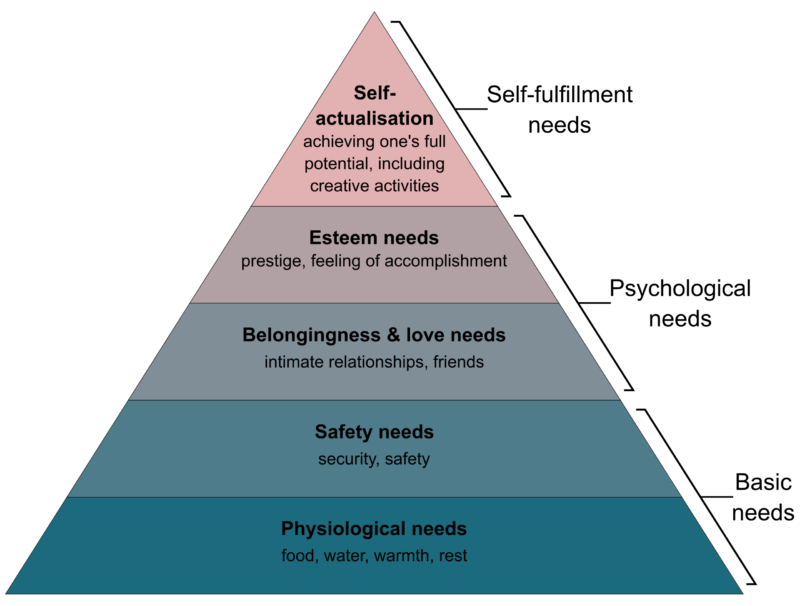 For many of us, it’s a skill set that takes some know-how. Here’s how to get started:
For many of us, it’s a skill set that takes some know-how. Here’s how to get started:
Process your feelings
You may find it helpful to take a moment and sort through your feelings ahead of time. This could look like:
- journaling stream of consciousness
- observing your thoughts in meditation
- practicing what you want to say in a mirror
- writing a “vent” letter (that you don’t send!)
Create a ‘container’
You can pick a time and a place, preferably when both of you won’t be rushed or distracted. From there, you might try this process:
- Put your phones on silent.
- Relax your body language to signal “openness.”
- Lay down some ground rules, like no interrupting or raising your voice.
- Set a timer for a previously agreed upon amount of time.
- Stick to the topic at hand — and only that topic.
- Avoid complaining and blaming.
- Use “I” statements (e.g., “I feel sad when I cook dinner and end up eating it alone”).

- While you’re silent, hone your active listening skills.
- When the timer goes off, reset it so the other person can speak.
Try psychotherapy
If your communication challenges stem from old relationship issues, like a breach of trust, you may personally find it helpful to speak with a compassionate professional who can help you work through it, so you can bring your mentally healthiest and whole self to the marriage.
Consider couples counseling
An objective third party, like a couples counselor, can help point out patterns and strengthen your bond with communication exercises.
Educational resources
According to a 2021 study involving 94 married women, learning communication skills can help reduce marriage burnout.
You may want to consider enrolling in a course, doing a couples workshop, or expanding your library on the subject.
Some useful books may include:
- “Love More, Fight Less” by Gina Senarighi, PhD
- “Questions for Couples” by Marcus and Ashley Kusi
- “Nonviolent Communication: A Language of Life” by Marshall B.
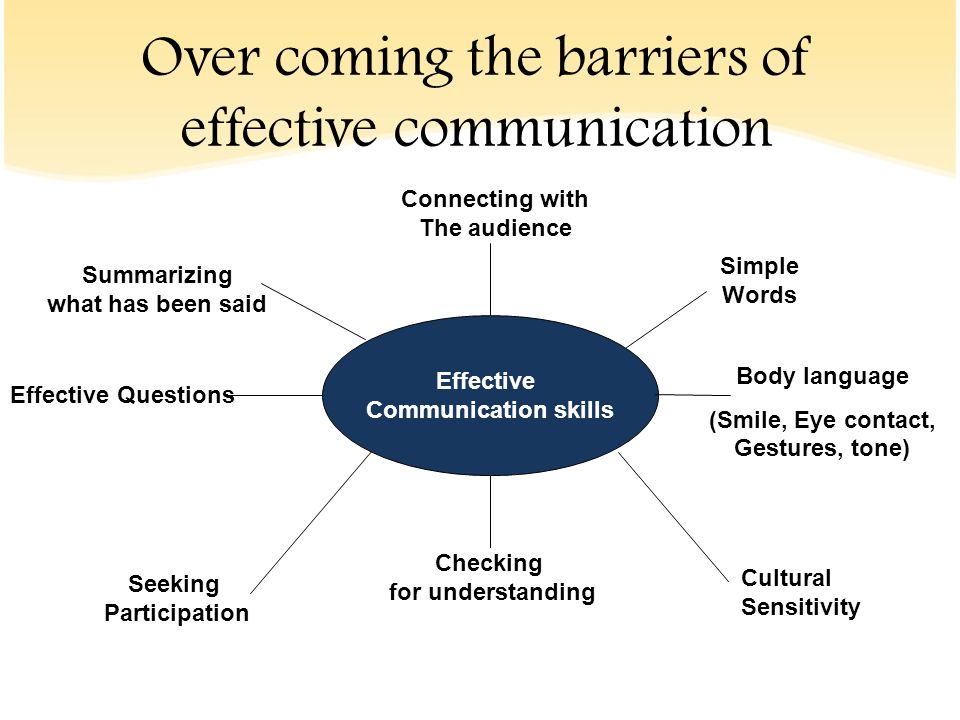 Rosenberg, PhD
Rosenberg, PhD - “Crucial Conversations: Tools for Talking When Stakes Are High” by Kerry Patterson, Joseph Grenny, Ron McMillan, and Al Switzler
- “Now You’re Speaking My Language” by Gary Chapman
- “The 7 Principles of Making Marriage Work” by John M. Gottman, PhD, and Nan Silver
While not the sexiest topic, communication is arguably the most sacred part of a union.
Done correctly, it can smooth out relationship turbulence, improve emotional intimacy, and strengthen your bond for the long haul.
Improving your communication skills takes work, but it’s well worth it. If it’s difficult for the two of you to do on your own, consider working with a couples counselor.
As author and entrepreneur Tony Robbins says, “Do you want to be right, or do you want to be in love?”
We’d pick the latter.
4 common marital communication problems you should know about
In this article
- Not discussing a specific problem
- Not taking time out
- Casting is to blame
- Closing words 9007 9080
Marriages tend to become the platform for all our internal conflicts and games that we play with ourselves and with others. And we tend to move away from our partner because of the growing problems in communicating with a spouse.
And we tend to move away from our partner because of the growing problems in communicating with a spouse.
In such close relationships, we share not only feelings with our spouse - our future, our property and our relationships with other people. It's easy to be tempted to make our spouse a target for any problem we may have, and we usually don't realize it.
We do not realize how strong our marital fellowship has become over the years and how often it is harmful. However, that's no reason not to address some of the common communication problems that many couples have during interactions.
Marriage and fellowship are inseparable. Having said that, the next obvious question is: how to fix marital communication problems?
Thus, this article discusses several common problems of communication in marriage. These marital communication problems can be effectively addressed if you value your relationship more than anything else.
These marital communication problems can be effectively addressed if you value your relationship more than anything else.
1. Do not discuss a specific issue
Couples have either a long history or a vision of the distant future, and often both. And it is not surprising that any argument, however mild, often touches not only the current specific problem, but also the whole past and future.
And this is unfair and especially damaging to relationships.
If you're angry at your spouse for not taking the dog for a walk, don't jump to conclusions.
Do not seriously suggest that your spouse is always ignoring you or that he is selfish. Don't try to travel back in time and correct your past mistakes or harmful actions to match them with the present.
Whenever you are tempted to do this, remember that this is your own story, of which your spouse is completely unaware. Reality may be completely different from the story you have engraved in your head.
So, to avoid further communication problems in your marriage, forgive your partner for his past mistakes and discuss only the "current" problem with him.
Any effective communication should always focus on what the problem is, not what surrounds it. And if you step back even for a second, you may even realize that you don't really mean all these things, and it was just a missed walk.
2. Do not take timeout
Taking that step back is what the timeout will bring. But married couples often continue to have a good fight after the fight has escalated, and any chance for effective communication is long gone.
They shout, insult each other, and usually someone is crying, and the other is slamming the door in a rage. But both are offended and probably much angrier and more upset than at the beginning.
And this is how more and more problems arise in marital communication.
Although any disappointment in a marriage should be dealt with directly and directly, there is also a moment when both spouses should simply take a break from a useless quarrel, cool their heads, and then return when they have time to think about what the other side spoke.
Timeout at the right time does wonders for a stuck argument.
3. Laying the blame
One of the main causes of problems in marital communication is playing the blame game.
Most marriage disputes get stuck when one or both spouses blame the other for the problem. And they don't stop there.
They even dig up painful pasts and blame each other for everything that could go wrong in their relationship from time immemorial.
It's "you" talking is an ineffective and harmful way of talking . The game of the guilty will inevitably come to a standstill.
Watch this video to learn the importance of not blaming others and admitting your mistakes.
4. Striking at all weaknesses
Finally, marriage inevitably means that you become aware of your spouse's weaknesses and weaknesses. You know where it hurts and where it feels good, you know them even better than they do.
You know where it hurts and where it feels good, you know them even better than they do.
And this is normal, because married couples should cherish each other and protect their partner from any pain. But in a quarrel, this knowledge usually turns into a deadly weapon, which further exacerbates communication problems.
Married people know exactly where, when and how to strike in order to do the most damage.
However, this may win the argument, but then you are likely to lose some of your spouse's trust and intimacy. And winning a battle, no matter how great, is not worth the loss. After all, rebuilding trust in a marriage is not easy.
Closing Words
Have you experienced any of these communication problems in your marriage?
Not surprising; marriage is an institution that can turn into a real battlefield in communication. However, the first step to improving your relationship is to recognize the problem.
Now that you have recognized the difficulties you may have had in talking to your husband or wife, it's time to learn how to communicate again. Healthy communication is the foundation of healthy relationships.
Healthy communication is the foundation of healthy relationships.
So, don't waste any more time and remember - you got married with the intention of loving and respecting each other. It is this intention that will help you overcome such an easily solved problem as inadequate communication - after all, it is you who are responsible for this.
Share:
Women's mistakes in marriage that are easier not to do than to correct
It takes two people to create a strong relationship. Let imperfect, but ready to work on themselves. And although we cannot change our partner (no matter how hard we try), we can still change the situation and encourage our loved one to try to improve the relationship. First of all, an example of working on yourself and correcting your own mistakes. What? We tell.
Underestimation of non-verbal cues
Intimacy is not just about sex. Remember yourself in moments of stormy love - you probably wanted to cuddle tighter to your beloved and not let him go. In marriage, we often forget about the power of touch. A gentle hug, an encouraging pat on the back, gentle stroking on the hand trigger the production of oxytocin, which is called the "hormone of love".
In marriage, we often forget about the power of touch. A gentle hug, an encouraging pat on the back, gentle stroking on the hand trigger the production of oxytocin, which is called the "hormone of love".
What about posture and facial expressions when communicating with your husband? Furrowed brows and crossed arms? If so, then most likely you can hear metallic notes in your tone. Why do you need all these signals of aggression? You are not on the battlefield. You are next to the man you love. Relax the muscles in your arms and face. Close your eyes for a couple of seconds and imagine your husband as a knight on a white horse (superman, bullfighter, underline as necessary). Now open your eyes and smile fervently. Do you feel positive energy coming from you?
Competitiveness
Acting like team members, not competitors, is one of the best strategies in a marriage. “It’s not bad to compete in the workplace or in sports,” explains sex therapist Douglas Brooks. “But paired competition is not the healthiest thing to do. Enjoy each other and keep the competitive spirit outside of your relationship."
“But paired competition is not the healthiest thing to do. Enjoy each other and keep the competitive spirit outside of your relationship."
Do not compare your achievements with the achievements of your spouse. Attempts by friends and girlfriends to do something similar are best stopped quickly. At least a remark that provocations usually do not lead to good. After all, everyone has different goals in life and the same criteria for success.
Irony
People with a good sense of humor usually have a good level of intelligence. But the passion for sarcastic remarks in a conversation with a partner can lead to an increase in irritation and the appearance of open aggression. Psychologist Clifford Lazarus defines sarcasm as "hostility disguised as humor". Of course, a couple of ironic remarks can enliven communication, but being carried away by caustic witticisms, you risk being in the role of a toxic interlocutor. Sarcasm in large quantities suppresses goodwill, and in such a situation it is unlikely that your partner will feel your protection and support ( read also : “Loves but leaves: 7 reasons why men leave those they are really in love with”).
Following the established rules
“A man must fully provide for his family”, “Decent couples do grocery shopping together”, “A loving spouse gives flowers not only on holidays”, and so on and so forth. Some publications regularly publish articles under headlines like "50 Signs of a Perfect Husband," but are you sure you want to live by these rules? Perhaps it would be much better, together with your loved one, to think and develop your own standards for your happy family life, in which everyone will do what they do best. After all, if you get lost in a store, then why are you going there? To just uselessly roll the cart? Isn't it easier to write a list to your man, and at the same time do something useful?
Self-sacrifice
It so happened that almost any Russian girl is ready to engage in self-sacrifice at some point in her life. A kind of feat in Nekrasov's way: to stop a herd of wild horses, to rush into a burning building for a kitten? Yes Easy! To refuse for the sake of a loved one from a career and communication with friends? Not a problem at all.
